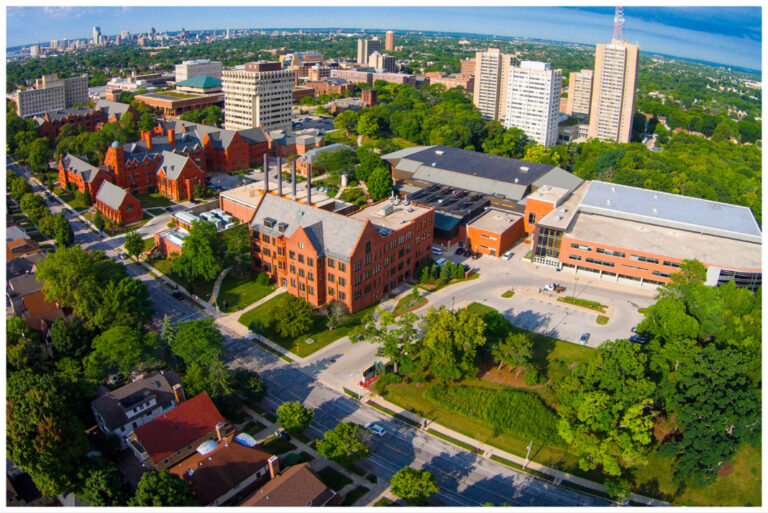
“UW-Madison does consider race when admitting students.” –UW-Madison Chancellor Jennifer Mnookin
The University of Wisconsin says it doesn’t yet know what the U.S. Supreme Court’s ruling to end affirmative action university admissions will mean for UW schools.
UW-Madison Chancellor Jennifer Mnookin on Thursday said she will need some time to examine the university’s admission policy, and determine if any changes are needed.
“The full implications of today’s ruling — both nationally and on our campus — will not be known for some time. UW–Madison and UW System attorneys are now carefully reviewing the Court’s opinions and monitoring the potential release of additional guidance from relevant federal agencies,” Mnookin said in a statement to students, faculty members, and university workers.
Mnookin said UW-Madison does consider race when admitting students.
“We have considered the race of applicants as one factor in a holistic admissions process that focuses first and foremost on candidates’ academic strength. Our process looks at written statements, extracurriculars, recommendations, and the range of experiences, talents and backgrounds candidates will bring to the university. Every admitted student here at UW–Madison has demonstrated the potential for academic success within our competitive applicant pools,” Mnookin added. “Though we have seen a roughly 50 percent increase in our underrepresented undergraduate student population in the past five years, our current enrollment percentages of underrepresented students still lag behind many of our peers.”
The Supreme Court yesterday said basing university admissions on race violates the Constitution’s equal protection clause.
State Rep. Dave Murphy, R-Greenville, said the nation’s high court got it right.
Republicans have always believed in merit. People shouldn’t be pigeonholed into categories based only on the color of their skin. They should be recognized as unique individuals. Each student has talents and abilities of their own. Our country is based on equal opportunity, and this decision helps treat college applicants with equality,” Murphy said. “No student should enter the college admission process at a disadvantage. Asian students and others have been discriminated against, and their hard work and merit have been overlooked.”
Murphy is part of a group of Republican lawmakers who are pushing for a change in UW-Madison admissions, specifically to guarantee top high school grads in Wisconsin a seat at the university.
Mnookin said UW-Madison will continue to focus on diversity on campus.
“The ruling will require some modifications to aspects of our current admissions practices; we will, of course, adapt our practices to comply with the law. At the same time, I want to reiterate that our commitment to the value of diversity within our community, including racial diversity, remains a bedrock value of the institution,” Mnookin added. “I want to stress to all our students, faculty, staff, prospective students and families that UW–Madison remains committed to creating a community where people of all backgrounds, identities, and beliefs belong and can thrive.”